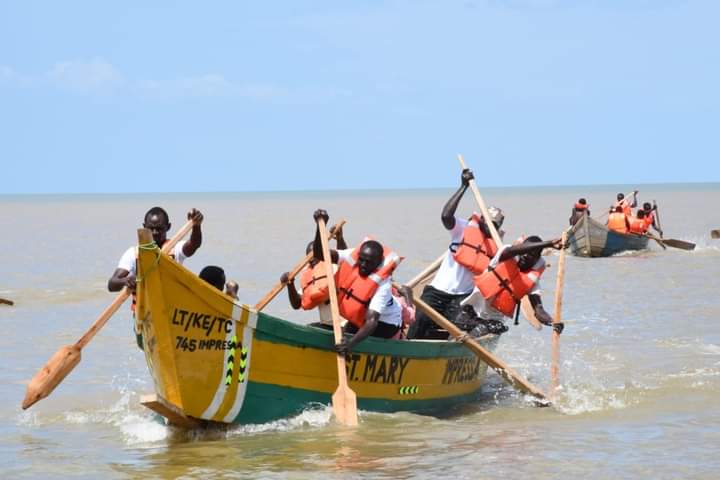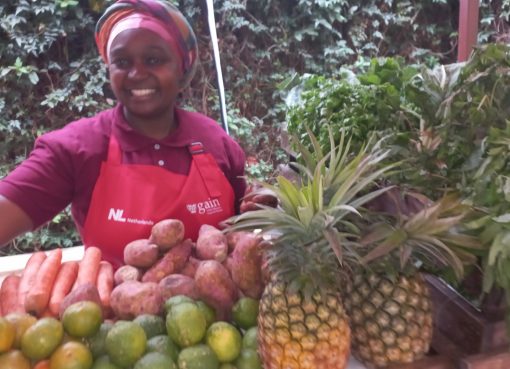The Kingdom of the Netherlands, the United Nations World Food Programme (WFP), the United Nations Educational, Scientific, and Cultural Organisation (UNESCO), and the Counties of Marsabit and Turkana have signed an agreement to sustainably improve the livelihoods, food security, and nutrition of communities living along the shores of Lake Turkana.
The agreement was signed in Nairobi by H.E. Maarten Brouwer, Ambassador of the Kingdom of the Netherlands to Kenya, Lauren Landis, WFP’s Country Director and Representative in Kenya, Alexandros Makarigakis, Director and Representative, UNESCO Regional Office for Eastern Africa, Mohamud M. Ali, Governor of Marsabit County; and Jeremiah E. Lomorukai, Governor of Turkana County.
A contribution of EUR 10 million (1.4 billion Kenya Shillings) from the Kingdom of the Netherlands, will enable UNESCO and WFP to partner with Marsabit and Turkana County Governments to change the lives of fishing communities around the Lake through integrated water resource management.
They will provide modern fishing equipment, cold chain facilities to preserve fish catches, improved handling, storage, and transportation to reduce post-harvest losses, enhanced market access through partnerships with the private sector, and job creation for young people, in particular young women.
The programme is co-created with local communities to enable them to adapt to a changing climate, and foster peace and stability.
Brouwer said, ‘This engagement fits well with the Netherlands-Kenya partnership priorities. It’s a good example of a demand-driven, locally led programme where Counties are in the lead, community stakeholders are actively involved, and national government institutions engage from the policy angle.’
Lake Turkana is the world’s largest desert lake, and its abundance of nutritious fish is the main source of food, nutrition, and income for the surrounding communities.
However, the combined effects of recurrent climate shocks such as droughts and floods, localised conflicts, soaring food and energy prices, and poor fishing practices have severely affected people’s ability to generate sustainable livelihoods and food security.
Both Marsabit and Turkana counties have some of the highest rates of child malnutrition in the country.
UNESCO’s role is to ensure science-based decision-making on future investments in fisheries, to advise the local population on the number of fish and in water resources management, climate proofing, and rendering them sustainable, thereby enhancing the resilience of the local communities.
A recent study commissioned by the Embassy of the Netherlands in Kenya to assess the economic potential of the fisheries sector in Lake Turkana revealed the enormous potential of the fish value chain to contribute to food security, yet an estimated 2 billion Kenya shillings (EUR 14.5 million) in potential revenue are lost every year due to poor post-harvest management practices.
Lauren Landis, WFP’s Country Director in Kenya, said, ‘Unlocking the economic potential of Lake Turkana has the potential to eradicate hunger and malnutrition and generate sustainable livelihoods for those who depend on the lake for survival.
WFP’s expertise in food systems and vast operational scale, combined with UNESCO’s scientific knowledge, will reduce humanitarian needs by supporting county governments, communities, and families on the frontlines of the climate crisis to better protect themselves in the future.’
The agreement will be implemented for an initial period of five years.
By Peter Gitonga




